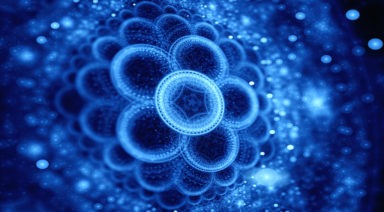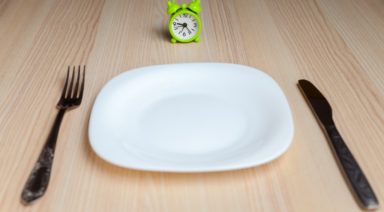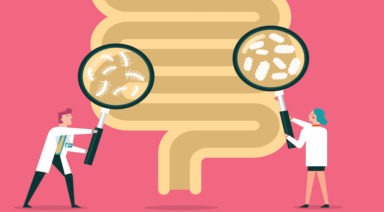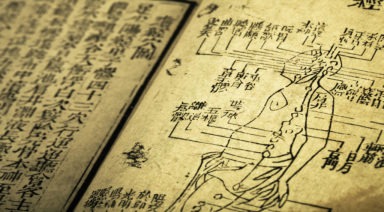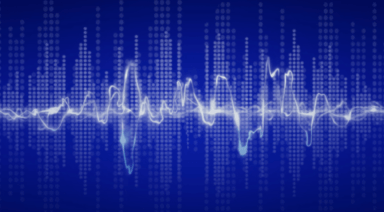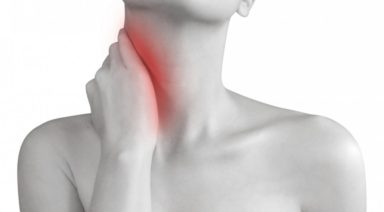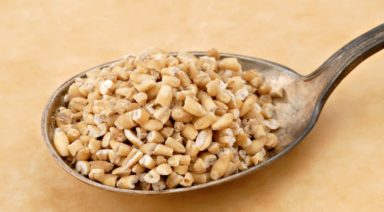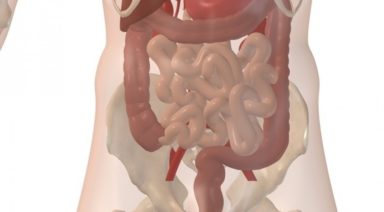Stem Cells From One’s Own Body Show Efficacy in Treating Pain
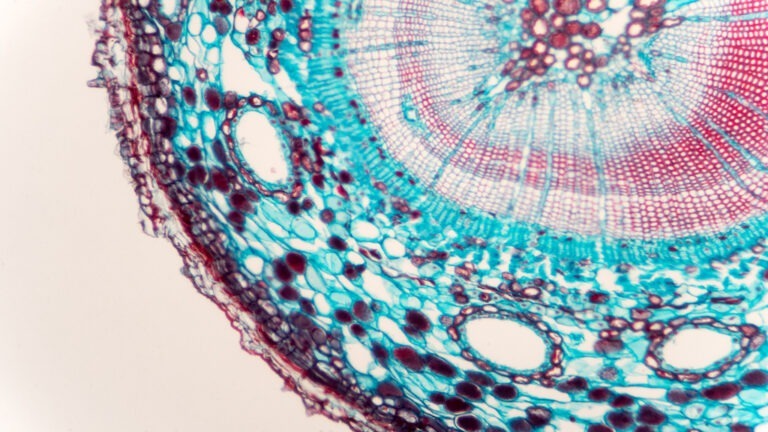
Stem cell therapy is still a relatively new concept that few understand, but it continues to garner a lot of support and promise — especially for medical problems that have traditionally been very difficult to treat. In his fascinating discussion with Open Minds host Regina Meredith, naturopathic doctor Harry Adelson N.D. reveals a new way to address pain by using stem cells as curative agents. This may come as a welcome idea for at least a fifth of the population, who suffer from chronic pain that affects quality of life, the ability to work, sleep patterns, and more.
According to the Mayo Clinic stem cells create other cells with specialized functions, and “[u]nder the right conditions in the body or a laboratory, stem cells divide to form more cells called daughter cells. These daughter cells either become new stem cells (self-renewal) or become specialized cells (differentiation) with a more specific function, such as blood cells, brain cells, heart muscle cells or bone cells. No other cell in the body has the natural ability to generate new cell types.”
Adelson, says treatment with stem cells can help treat musculoskeletal pain and increase energy using cells from one’s own bone marrow and fat to prompt regeneration. Citing his own use of stem cells on his road to recovery from injury and pain, Adelson says how regenerative therapy using biological tissues found in the human body can restore normalcy to someone living with pain and suffering.
One of the more exciting aspects of stem cell therapy is that each of us can create our own cells to heal ourselves. Emerging evidence suggests that adult stem cells can not only replicate, but also create various other types of cells. For example, bone marrow stem cells may be able to create bone or heart muscle cells.
Adelson is highly experienced when it comes to using stem cells for pain treatment, having performed numerous procedures using bone marrow combined with adipose (bodily fat) stem cells. He’s also injected more than a thousand intervertebral discs with stem cells.
Adelson’s excitement for stem cell therapy began with an accident as a young man, while rock climbing in the early 1990s. He was in naturopathic school at the time, when an injury to his shoulder set him off in a new direction, leading him to pursue an alternative to traditional surgery and injections for pain treatment. After receiving his naturopathic degree, Adelson discovered the potential of stem cell therapy.
Though he points out that early stem cell research involved embryonic cells, Adelson says his own stem cell practice uses a patient’s own cells (or those of a donor). These cells act to signal cells known as mesenchymal cells.
Stem cells either differentiate (turn into one of a number of specific cells) or self-replicate (create other cells that are the same as the stem cell). When mesenchymal cells come into contact with damaged cells, Adelson says they release growth factors that signal those cells to heal themselves, develop new blood vessels, fight infection, and lower inflammation. In simple terms, stem cells help other cells heal.
When we are injured, our stem cells are called into action to help with regrowth and repair, but often not in the quantity and concentration that is needed. With stem cell therapy, the body is given what it naturally needs to repair damaged tissue and alleviate pain.
If you’re among the millions who suffer from chronic pain, this interview may prove eye-opening, not only because it clarifies the power of stem cell therapy, but also because it offers an alternative to surgery and prescription medications. Adelson practices a leading-edge therapy that was only dreamt of a mere ten years ago, and his interview offers a new perspective into an often poorly understood medical approach.
Herbs And Supplements That Can Heal Or Awaken Your Thyroid

One of the key drivers and actors behind your emotions and emotional intelligence is your thyroid. Resting below your Adam’s apple, and along the front and sides of your windpipe, the thyroid has two squishy compartments connected by a similarly textured bridge. Shaped like a butterfly, this gentle and vital friend appears to elevate your breath and give flight to your voice.
The thyroid might hold the key to the evolution of your relationships, consciousness, and sense of Self. Even if your thyroid appears to be on her last breath, she is waiting to be healed. While this might take some time, effort, patience, and inward reflection, it’ll be worth it. Your thyroid processes experiences and information akin to your heart. When you love, your thyroid loves. When you breathe, so does this lovely and powerful little organ.
Your thyroid is hyper-aware and connected to the other realms, unlike any of your other glands and organs. It might also be providing you with helpful information on how to live, love, heal and thrive.










